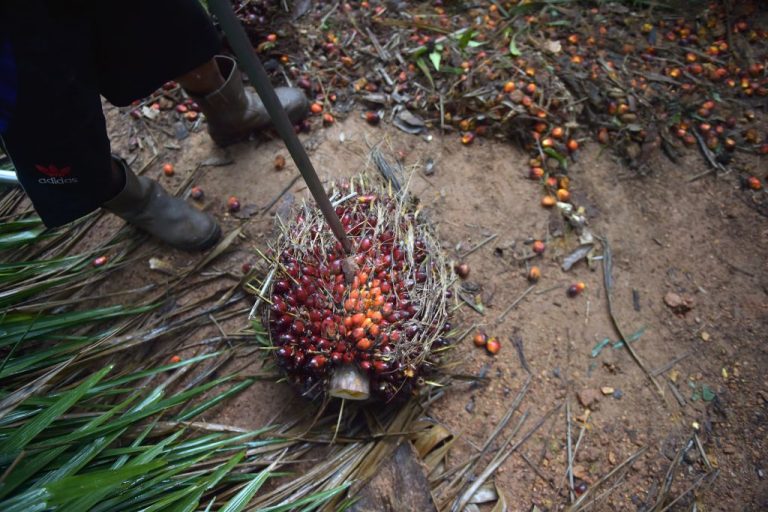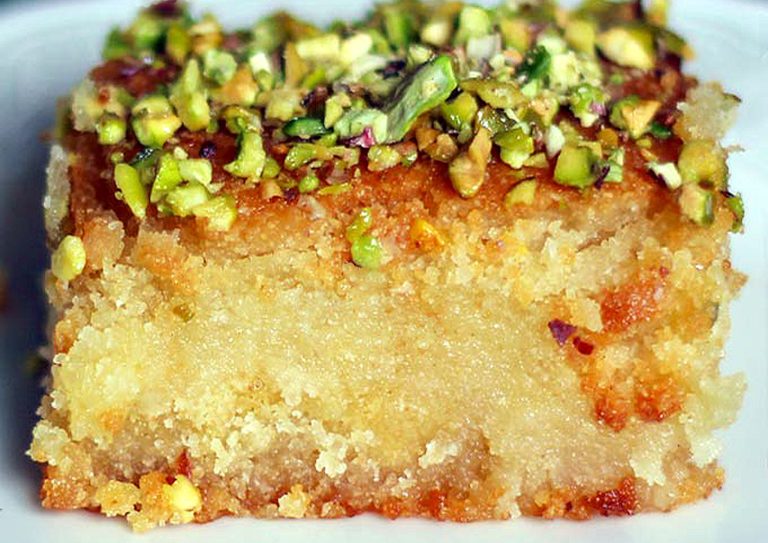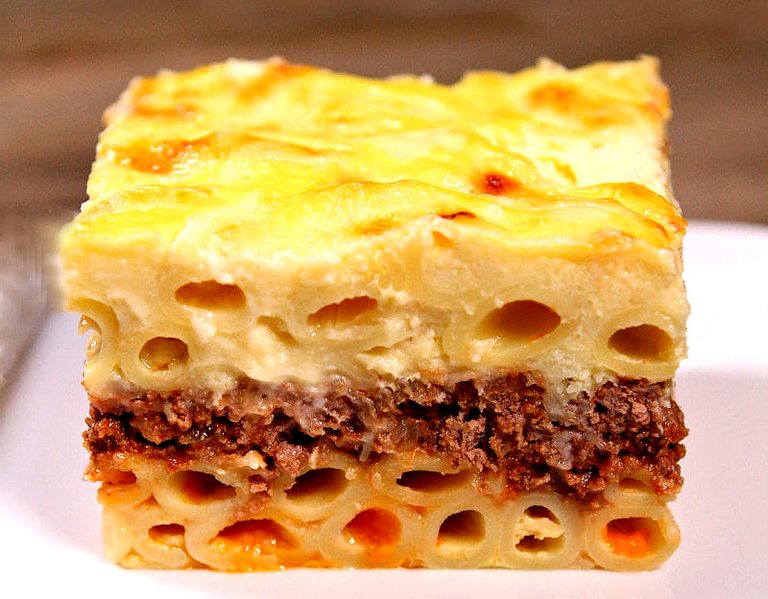Just days after Indonesia, the world’s largest exporter of the world’s most widely used vegetable oil, palm oil, relaxed markets by announcing an export ban set to come into effect April 28 would only be partial, measures were upgraded to a total export ban.
In response, CME Palm Olein Futures Contracts rose by 10.6 percent and Crude Palm Oil Futures Contracts rose by 7.93 percent in a single day.
Palm Olein Futures closed the day at $1,760 USD per metric ton, while Crude Oil Futures closed at $1,557.75 USD per metric ton.
For perspective, Crude Oil Futures posted a May of 2020 low at $452.50 per metric ton, while Olein Futures posted a May of 2020 low at $495.75.
GLOBAL ECONOMIC AND SOCIAL CRISIS ARTICLES:
- Virtual Reality an ‘Effective Tool’ To Force Consumer Behavior Change: Study
- Indonesia, the Top Producer of the World’s Most-used Vegetable Oil, Set to Ban Exports
- Ex-Lehman Bros Trader Charged in Alleged Multi-billion Dollar Viacom, Discovery Pump Scheme
- Industrial Seed Oils: A Little-Known Big Health Threat
After Indonesian President Joko Widodo announced the ban on April 23 to protect its domestic supply after palm oil demand increased as a result of top soybean producer, Argentina, forecasting a 15 percent yield decrease this year compared to 2021 as a result of raucous flooding, the market was given some assurances.
Success
You are now signed up for our newsletter
Success
Check your email to complete sign up
Widodo stated that the ban would only apply to RBD palm olein, a processed form of palm oil utilized in food, leaving crude palm oil available to export.
The difference is significant from a consumer inflationary perspective.
Although palm olein is used in a huge array of packaged and processed foods commonly found in U.S. grocery stores, such as Kraft Dinner, Cheerios, and Oreos, crude palm oil is used extensively in big brand cosmetics, toothpastes, and soaps.
Palm oil often appears on labels under alternative names such as sodium lauryl sulfates and stearic acid.
In the days since Wikodo’s announcement, government officials had warned that they were ready, willing, and able to transform the ban into a total ban.
On April 28, the threat became true when Airlangga Hartarto, Indonesia’s Coordinating Minister for Economic Affairs, told reporters that the ban would now include exports on both crude palm oil and even used cooking oil, reported Bloomberg.
Palm oil is by far the most used, the most imported, and the most exported vegetable oil in the world, beating soybean oil by a hefty 37.7 percent in worldwide production, and amounts to 39.46 percent of all worldwide vegetable oil production, according to USDA data.
Indonesia produces a quarter of all vegetable oils on Earth, and is the world’s number one exporter, shipping 33.97 percent of global supply in 2021.
92 percent of all of Indonesia’s vegetable oil exports are palm oil.
India, China, and the European Union account for 44.6 percent of all palm oil imports worldwide.
The Indonesian Government claims the ban will be lifted when domestic price problems that have led to civil unrest abate, but neither a time frame nor a metric was given for the relaxation.







